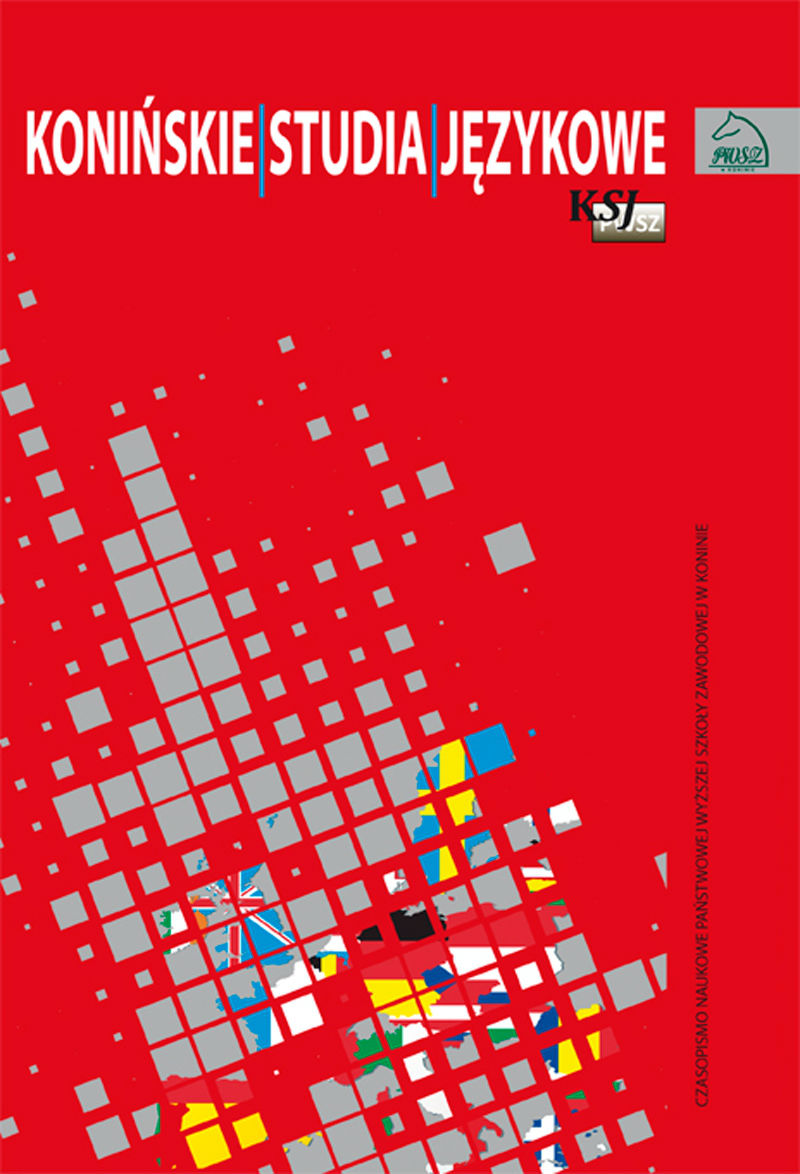A study into the motivation of Swedish military staff officers to learn English
A study into the motivation of Swedish military staff officers to learn English
Author(s): Keith FarrSubject(s): Foreign languages learning
Published by: Akademia Nauk Stosowanych w Koninie
Keywords: L2 motivational self system; self-determination theory; instrumental motivation; possible selves; military English
Summary/Abstract: Among those teaching a group of Swedish military officers, little is known about motivation to learn English as part of a one-year military staff course. This research therefore aims to explore possible motivational characteristics while attempting to identify ways in which they may be theoretically linked to Dörnyei’s (2009) L2 motivational self-system. A particular area of interest is the officers’ view of their motivation having taken part in a one-year English course and also an international military staff exercise which was conducted in English. The study used a two-phase mixed-methods design, with an interview study and a follow-up questionnaire. Qualitative data were gathered by conducting seven individual interviews using a semi-structured interview schedule. Analysis of the qualitative data allowed themes to emerge. The questionnaire used in phase two was based on these themes and enabled the qualitative data to be triangulated. Twenty-eight Swedish military officers responded to the questionnaire. A variety of key variables were confirmed and it was possible to view them using the chosen theoretical framework. The Ideal L2 self and L2 learning experience were found to be particularly important motivators. It was also found that despite the officers’ high levels of motivation, their willingness to exert effort on learning is relatively low. It may therefore be concluded that teachers could address this through a focus on motivational teaching practice. Overall, this research provides insight into L2 motivation within a participant group which has not previously been studied.
Journal: Konińskie Studia Językowe
- Issue Year: 4/2016
- Issue No: 4
- Page Range: 391-413
- Page Count: 23
- Language: English

